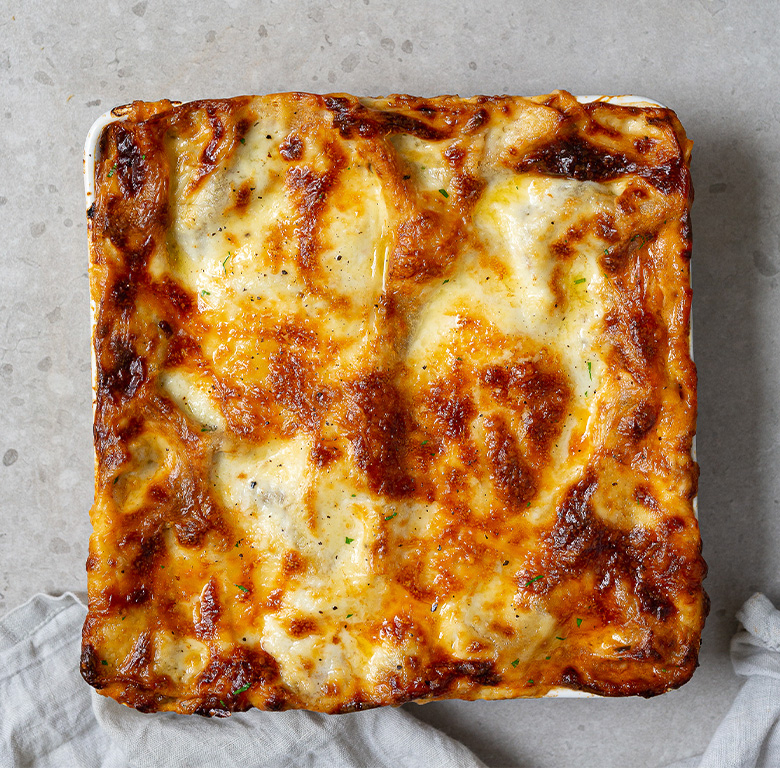Straight from the Butcher’s block…
One of the advantages of shopping in your local butcher’s shop as opposed to the supermarket is the personal touch. Many people are unaware of just how knowledgeable their butcher is and the added extras that s/he will do for free, just to make your life that little bit easier. Local Butcher Michael Fleming filled us in on what you might be missing out on…
What extras does my butcher offer?
- Grinding fresh mince
Any butcher will be more than happy to grind fresh meat for you. This can be really handy if you want steaks minced so that you can make delicious, full-flavoured burgers, or when you’re looking for any other freshly made mince, whether it’s beef, pork, lamb, chicken or turkey. - Preparing your meat for cooking
Take the hassle out of prepping your meat and simply ask your butcher to do the hard work for you. Whether you want fat trimmed off, the meat to be cubed or cut into strips, or for it to be divided into a certain number of portions, s/he will be able to accomplish this quickly and efficiently. Preparing your meat can also stretch to removing skin, cutting bones out of roast joints or whole chickens, pounding steaks or chicken fillets with a tenderiser, tying up a roast or ham or butterflying chicken fillets. - Filleting a fish (if the butcher has a fish counter!)
Some butchers’ shops (such as Michael’s in Fleming’s Butchers) also include fish counters. This means your butcher can double as a fishmonger and will be able to gut, fillet or skin a fish for you. Again, s/he is a valuable source of information. “Many people feel intimidated by cooking with fish,” Michael points out. “If you have a question, don’t be reluctant to ask.” - Ordering in any cuts of meat not currently in stock
“I actually get a lot of pleasure out of ordering in unusual meats or particular cuts for customers,” says Michael. “I love to hear what people are making, and fulfilling unusual requests keeps things interesting.” Next time you’re on the hunt for an uncommon cut (such as beef cheeks), you’d prefer a free-range or organic version, or you fancy trying your hand at cooking something different like rabbit or venison, give your butcher a quick phone call or simply drop in to ask. - Sharpening knives
We highly recommend keeping your knives very sharp; not only does this make life easier when you have chopping to do, but it’s actually much safer as you don’t need to apply as much pressure to the knife, making accidents less likely. If you don’t have a sharpener at home, or you find it difficult to get the knack of using it, simply ask your butcher to do this for you. The necessity of keeping their own knives super sharp makes butchers the experts! “Just be prepared to leave them with your butcher for a day or two,” advises Michael, “as the shop may be too busy to get it done immediately.” - Advise on the best way to cook a particular cut
If there’s anything you’re unsure of, ask. Butchers are deeply knowledgeable about their products and are always happy to share their recipe recommendations and tips.






You have to be signed in to comment this post.